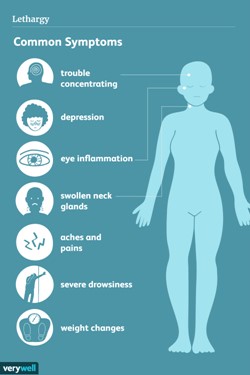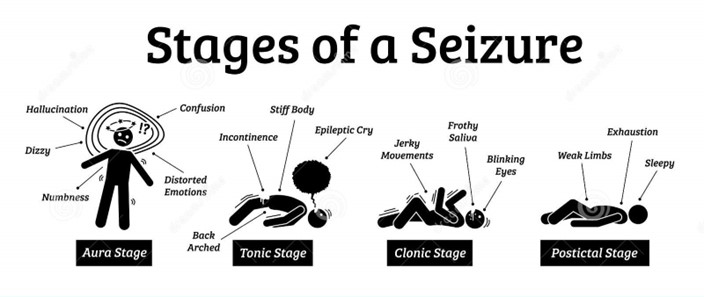A nurse is assisting with caring for a client who has a new concussion following a motor-vehicle crash. The nurse should monitor the client for which of the following manifestations of increased intracranial pressure?
Nuchal rigidity
Batle's sign
Polyuria
Lethargy
The Correct Answer is D
The nurse should monitor the client for lethargy as a manifestation of increased intracranial pressure. Increased intracranial pressure (ICP) is a rise in pressure around the brain that can occur due to various reasons such as brain injury, bleeding into the brain, swelling in the brain, or an increase in cerebrospinal fluid. Lethargy (feeling less alert than usual) is a common symptom of increased ICP.
a. Nuchal rigidity is not a common symptom of increased ICP.
b. Batle's sign is not a common symptom of increased ICP.
c. Polyuria is not a common symptom of increased ICP.

Nursing Test Bank
Naxlex Comprehensive Predictor Exams
Related Questions
Correct Answer is A
Explanation
The first action the nurse should take is to test the drainage for glucose. Clear drainage from the nose following a basal skull fracture could indicate a cerebrospinal fluid (CSF) leak. CSF contains glucose, so testing the drainage for glucose can help determine if it is CSF.
b. Taking the client's temperature is not the first action the nurse should take.
c. Notifying the charge nurse is important but not the first action the nurse should take.
d. Placing a dressing under the client's nose is not the first action the nurse should take.
Correct Answer is B
Explanation
The nurse should use the term "postictal phase" when documenting the client's difficulty arousing and sleepiness for several hours following a generalized tonic-clonic seizure. The postictal phase is the period of time immediately following a seizure during which the client may be difficult to arouse and very sleepy.
Presence of absence seizures, presence of automatisms, and aura phase are not appropriate descriptions for the nurse to use when documenting this finding in the medical record. Absence seizures are a type of seizure characterized by brief episodes of staring and unresponsiveness. Automatisms are repetitive, unconscious movements that can occur during a seizure. The aura phase is a warning sign that can occur before a seizure.

Whether you are a student looking to ace your exams or a practicing nurse seeking to enhance your expertise , our nursing education contents will empower you with the confidence and competence to make a difference in the lives of patients and become a respected leader in the healthcare field.
Visit Naxlex, invest in your future and unlock endless possibilities with our unparalleled nursing education contents today
Report Wrong Answer on the Current Question
Do you disagree with the answer? If yes, what is your expected answer? Explain.
Kindly be descriptive with the issue you are facing.
